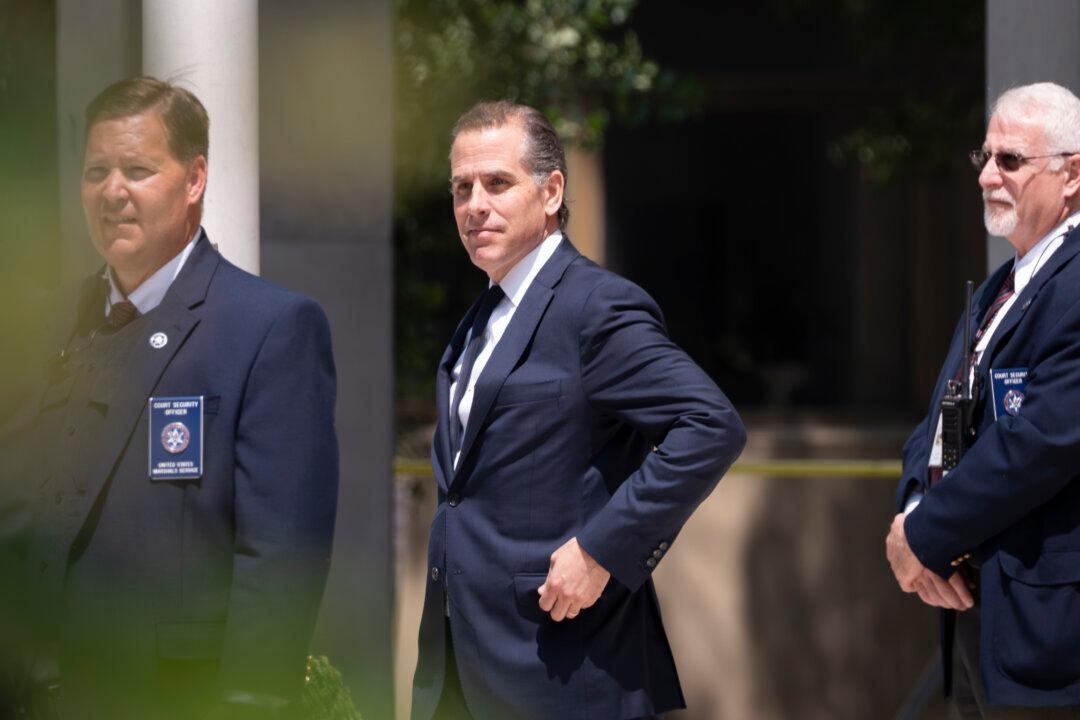The House Ways and Means Committee has issued subpoenas to officials at the Department of Justice (DOJ) and IRS to investigate a particular claim that the agencies meddled to protect Hunter Biden, the son of President Joe Biden, against prosecution.
Specifically, the panel subpoenaed officials who were present at an Oct. 7, 2022, meeting. During that meeting, according to whistleblower testimony from IRS investigators Gary Shapley and Joseph Ziegler, U.S. Attorney David Weiss indicated that he was being blocked from pursuing charges against the president’s son by higher-ups at the DOJ.





